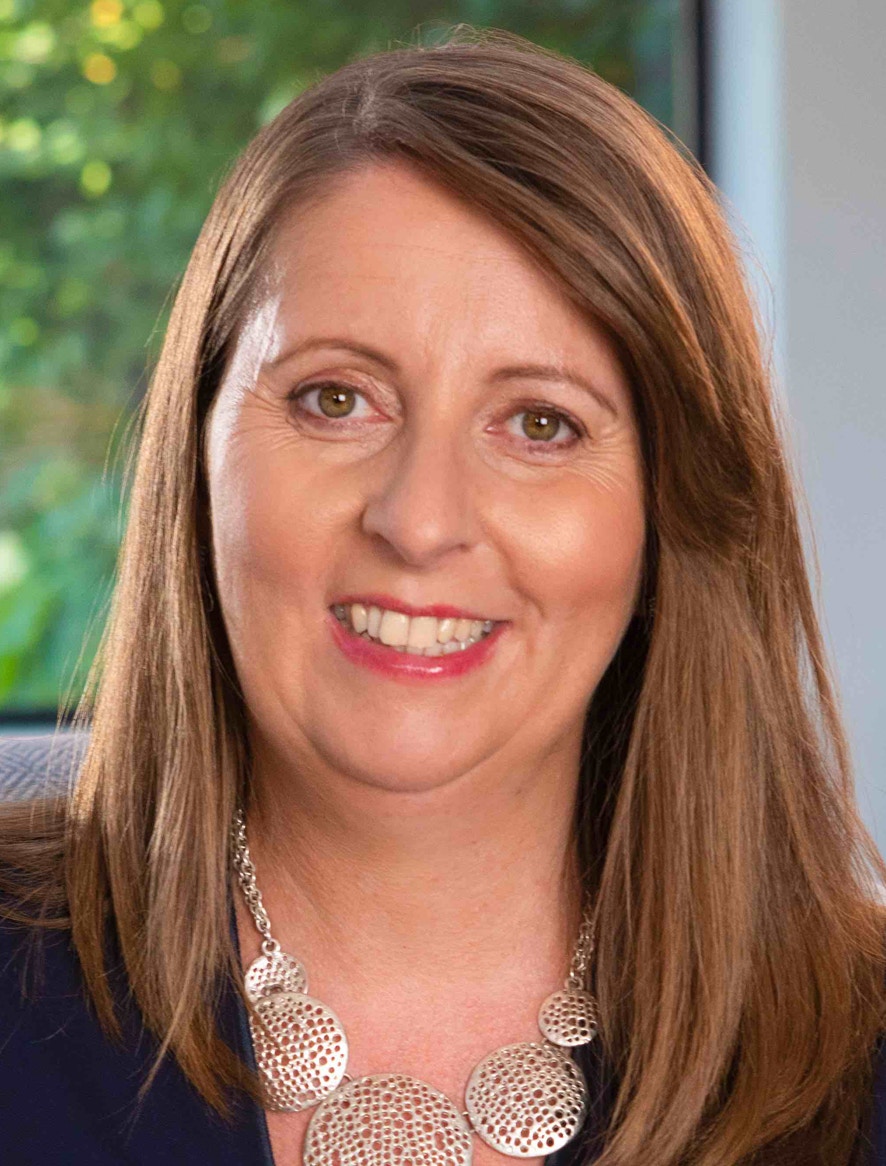
Research round-up
Our Scottish Widows Investor Confidence Barometer* is in its sixth iteration and follows closely on the heels of our 2023 Scottish Widows Paraplanner Survey. This gives us the chance to compare trends and opinions within the wider advice market and pull out some unique comparative insights.
* Previous issues were branded as the Embark Investor Confidence Barometer
Perspectives on paraplanning
The evolution of paraplanning may be fuelling a more competitive employment market for the role, as we see 69% of advisers currently recruiting paraplanners and 68% reporting that it is challenging to fill these positions.
We know that paraplanners are taking on greater responsibility and the development prospects within the role are better than ever. 75% of advisers agree that paraplanners are now playing a bigger part in the advice chain than they did 5 years ago, echoing the responses of our Paraplanner Survey. This may be encouraging paraplanners to demand a bit more from their firms in return for increased responsibility.
It is interesting to note that advisers and paraplanners differ on where they believe paraplanners add the most value. Report writing was the number one area in which paraplanners believe they add value, with 69% citing it as a key area, yet only 29% of advisers agreed. Advisers believe that paraplanners add the most value in adviser and client support, the latter is more than double the 15% result reported by paraplanners. Perhaps paraplanners are under-estimating their value add?
To what extent do you agree or disagree with the following statements?
Lastly, nearly a third (32%) of advisers believe that paraplanners (who are typically a decade younger than advisers on average) add value by helping to engage with younger clients. Paraplanners cited the next generation of clients/wealth planning as one of the biggest opportunities in the sector.
Paraplanners may increasingly find themselves in a key position of helping to attract and engage with younger clients, identifying their unique needs, and mapping out their financial journeys.
In which areas do you feel your paraplanners add the most value?
Adviser as platform
Many advisers are weighing up the benefits of taking greater control over the client journey by launching their own platforms with the associated risks and costs that come along with it.
An 87% majority of advisers say they are interested in developing adviser-as-platform capability. This is a surprisingly high number, considering the attendant increase in regulatory responsibilities and financial liabilities, when compared to the relatively limited returns that platform ownership offers.

Are you or your firm interested in developing an ‘adviser as platform’ capability?
Are you or your firm interested in developing white label platform capability?
Full platform ownership is not the only option available to firms who wish to take more control of the client experience, however. That is evidenced by the 81% of advisers who would also be interested in developing a white label platform capability. White labelling offers an attractive middle ground where user experience can be shaped by the adviser, without the full cost and complexity burdens that come with full ownership.
Outsourcing the Investment Proposition
We found that while a little over half of surveyed advisers (55%) manage their Central Investment Proposition (CIP) in-house, a quarter of advisers principally outsource to an investment manager, while a further 21% use a combination of in-house management and outsourcing.
How do you run your central investment proposition?
What drives your choice of platform?
Investment in expertise and volatility management was given as the top reason for outsourcing. This aligns with the general consensus that it can be prudent for IFAs to bring in specialist guidance when drilling down to the finer investment decisions, unless a firm has the significant resources needed to develop this knowledge in-house.
What are your main reasons for outsourcing, if any?
Reduced regulatory burden was cited as the second most influential factor, at 40%, no doubt influenced by the increased scrutiny of the new Consumer Duty. The treatment of investment manager as manufacturer comes with a significant increase in regulatory workload that makes outsourcing attractive to many advisers. With the next highest reason given as ‘to spend more time with clients’ (37%), outsourcing allows advisers to focus on what they do best – advising and supporting clients.
For nearly two thirds of advisers, platform use is principally driven by the needs of their investment proposition. For one third of advisers though, an easy-to-do-business-on platform is the primary driver of platform choice. This may hint at why some advice firms are considering an adviser-as platform or white label model, as the majority of advisers strive to deliver their desired CIP first and then streamline the customer experience.














